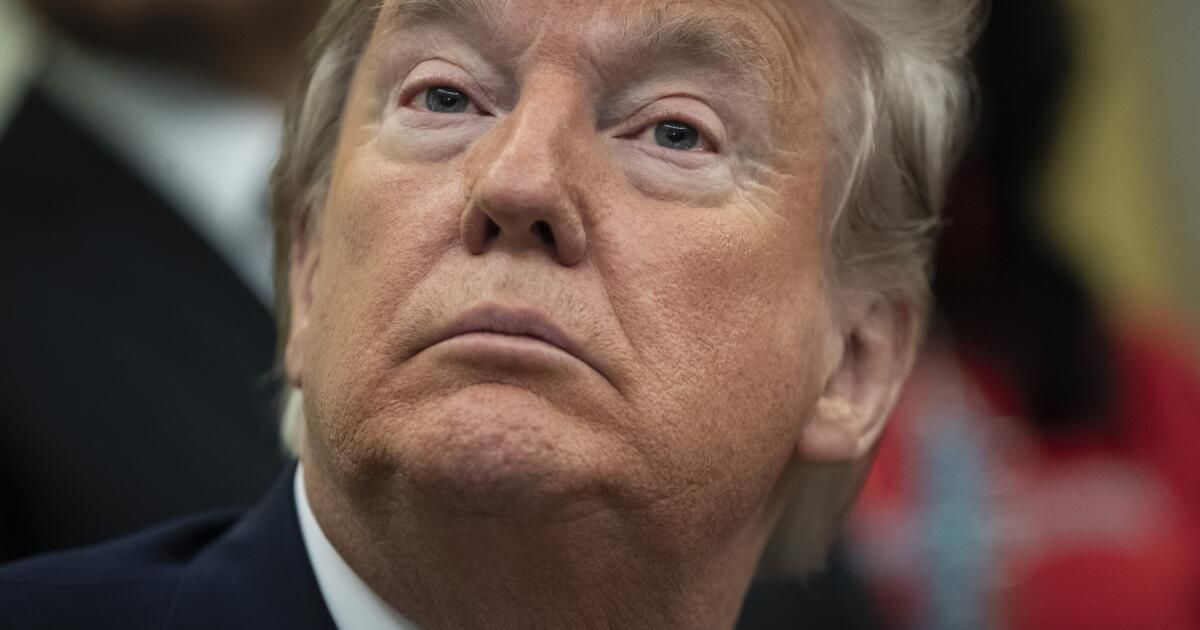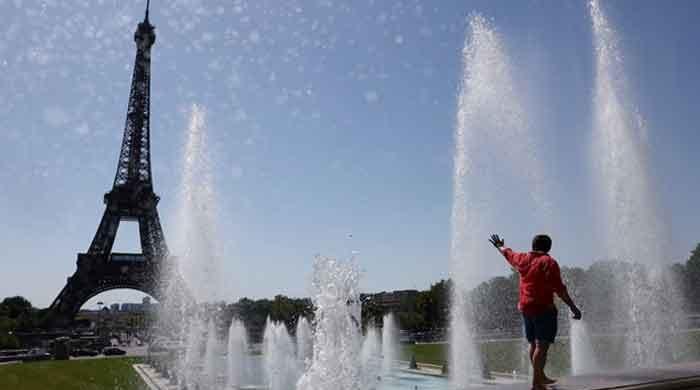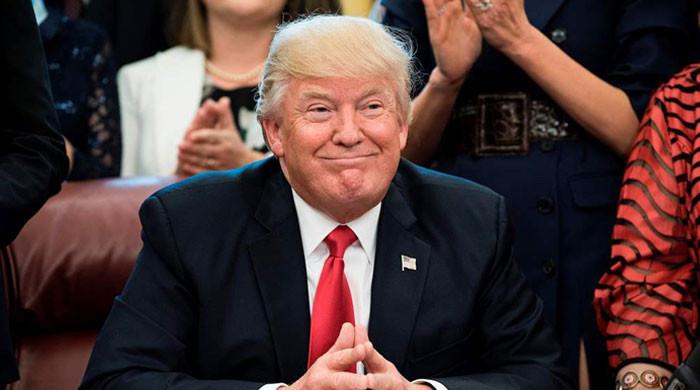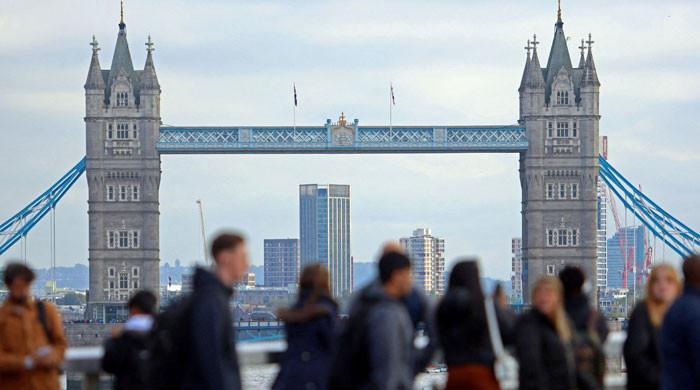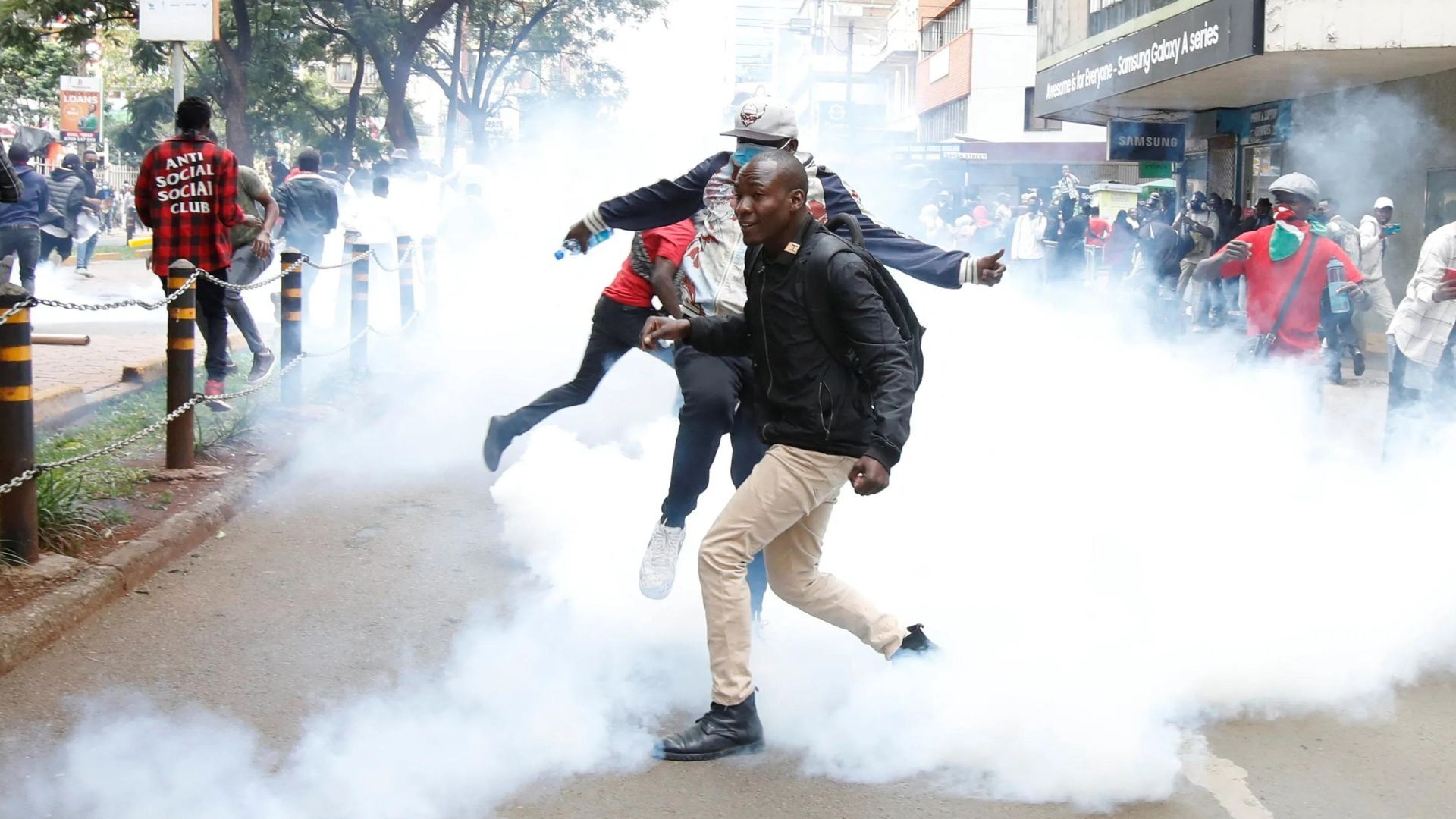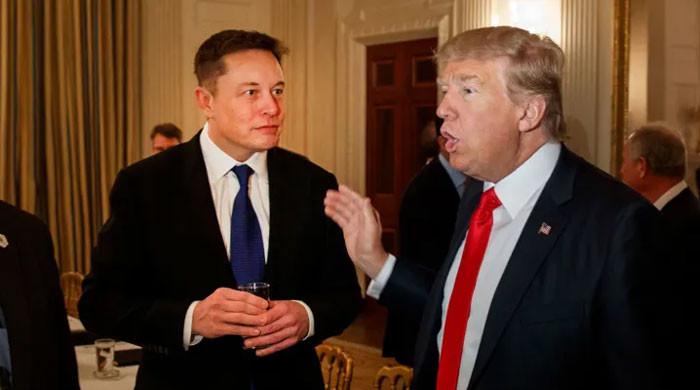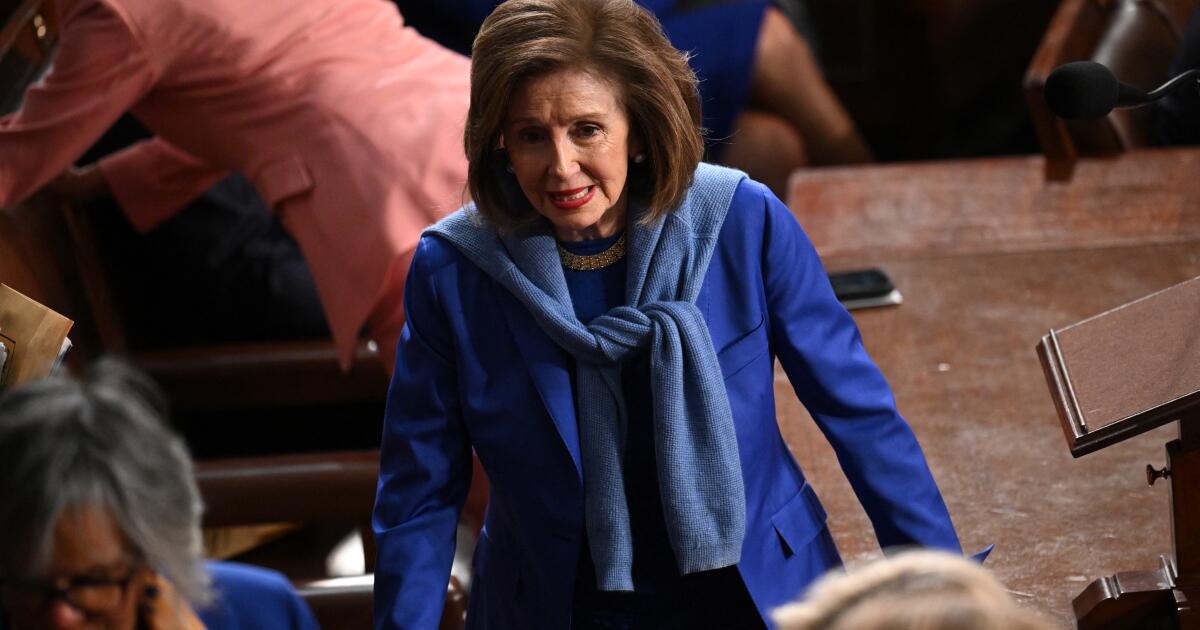WASHINGTON- President Trump on Friday asked the Supreme Court to confirm his deployment of National Guard troops to Chicago.
His lawyers filed an emergency appeal urging the court to overturn the Chicago judges' rulings and hold that National Guard troops are needed to protect U.S. immigration agents from hostile protesters.
The case intensifies the standoff between Trump and Democratic state officials over immigration enforcement and again raises the issue of the use of military-style force in American cities. Trump's lawyers have repeatedly gone to the Supreme Court and obtained quick rulings when lower court judges blocked their actions.
Federal law authorizes the president to call the National Guard into service if it is unable to “execute the laws of the United States” or faces “a rebellion or danger of rebellion against the authority” of the U.S. government.
“Both conditions are met here,” Trump's lawyer said.
The Chicago judges reached the opposite conclusion. U.S. District Judge April Perry saw no “danger of rebellion” and said the laws were being applied. He accused Trump's lawyers of exaggerating allegations of violence and equating “protests with riots.”
She entered a restraining order on October 9, and the Seventh Circuit Court agreed to keep it in effect.
But Trump's lawyers insisted that protesters and demonstrators were targeting US immigration agents and preventing them from doing their jobs.
“Faced with intolerable risks of harm to federal agents and coordinated and violent opposition to federal law enforcement, the President legally determines that he cannot enforce the laws of the United States with regular forces and calls up the National Guard to defend federal personnel, property, and functions in the face of ongoing violence,” Attorney General D. John Sauer wrote in a 40-page appeal.
He argued that historically the president has had full authority to decide whether or not to call the militia. Judges cannot question the president's decision, he said.
“Any review of this type [by judges] must be very deferential, as the Ninth Circuit concluded in the Newsom litigation,” in reference to the ruling that upheld Trump's deployment of the National Guard in Los Angeles.
Trump's lawyer said the deployment of troops in Los Angeles had succeeded in reducing the violence.
“Despite the Governor of California's claim that deploying the National Guard to Los Angeles would 'escalate the situation.'[e]' the ongoing violence that California itself had failed to prevent… the President's action had the opposite, desired effect. In the face of federal military force, violence in Los Angeles decreased and the situation improved substantially,” he told the court.
But in recent weeks, “Chicago has been the scene of organized and often violent protests directed against ICE agents and other federal personnel involved in the enforcement of federal immigration laws,” he wrote. “On multiple occasions, federal agents have also been punched and punched by protesters… Rioters have attacked federal agents with fireworks and thrown bottles, rocks, and tear gas at them.”
“More than 30 [DHS] Officers were injured during attacks on federal law enforcement” at the Broadview facility alone, resulting in multiple hospitalizations, he wrote.
Illinois officials blamed aggressive policing by ICE agents for sparking the protests.
Sauer also urged the court to issue an immediate order that would freeze Perry's rulings.
The court asked for a response from Illinois officials by Monday.

